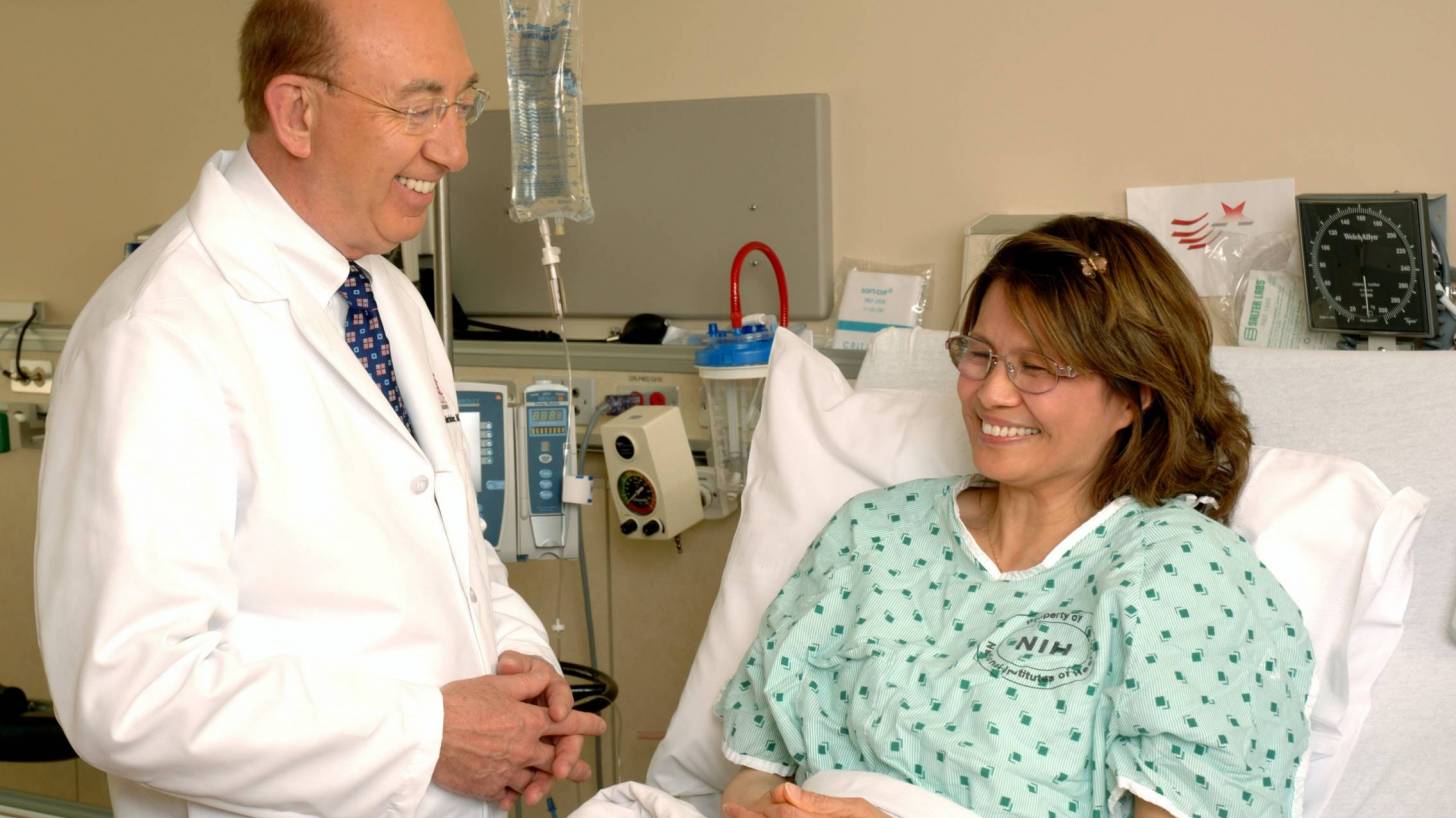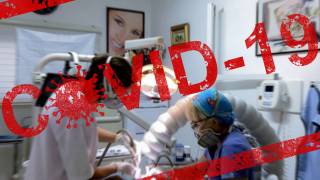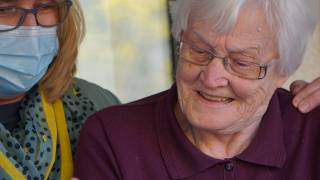Cancer Patients Need Coronavirus Protection Too

A new phase 2 clinical trial is assessing the use of an antimalaria drug for the prevention of COVID-19 disease infection among patients undergoing radiation therapy for cancer.
These researchers hypothesize that the FDA-approved Plaquenil will decrease the risk for COVID-19 infection, as there are preclinical data that show this rationale to be sound.
“Patients may be at a higher risk for contracting COVID-19 during cancer treatment due to increased exposure,” Nancy Y. Lee, MD, FASTRO, vice chairman and radiation oncologist in the department of radiation oncology at Memorial Sloan Kettering Cancer Center, said in statement published by Healio.
‘My goal in using these technologies is to improve my patients’ outcomes while decreasing potential treatment side effects and preserving their quality of life.’
‘No matter which treatment option we use, I care for all of my patients as if they were part of my family. This means creating a plan tailored to their unique disease, and doing everything I can to help them get well.’
“There is an urgent need to identify effective risk-reduction strategies for coronavirus patients who require treatment for their cancer as we await effective therapeutic options.”
“This trial will provide important insight into the potential role that Plaquenil might play in addressing this critical need.”
Plaquenil (Hydroxychloroquine) is used to prevent or treat malaria caused by mosquito bites. However, it does not work against certain types of malaria (chloroquine-resistant).
And, Plaquenil is FDA-approved for the treatment of rheumatoid arthritis, systemic lupus erythematosus, and porphyria cutanea trade.
In this phase 2 clinical trial, every patient on trial must be scheduled to receive at least 10 radiation treatments prior to initiation of Plaquenil 400mg daily.
The placebo used in this study is a tablet that looks the same as the study drug and is taken in the same way, but it does not contain any active ingredients.
According to a related study published on March 27, 2020, patients with cancer are known to be at an increased risk for community-acquired respiratory viruses, such as influenza, because of their frequently observed immunocompromised state.
The spread of SARS-CoV-2 is of particular concern in this vulnerable population, given the higher case fatality rate seen around the world and the potentially increased severity of the disease course with COVID-19.
Radiation oncologists will also have to prepare for treatment interruptions caused by the development of COVID-19 disease in patients with cancer.
Patients who test positive for the novel coronavirus will, at a minimum, require a 14-day quarantine.
At the other end of the spectrum, patients with cancer with immunosuppression may require hospitalization and isolation precautions, thus preventing the continuation of radiation treatments.
Coronavirus Today publishes treatment development news.
Our Trust Standards: Medical Advisory Committee

























